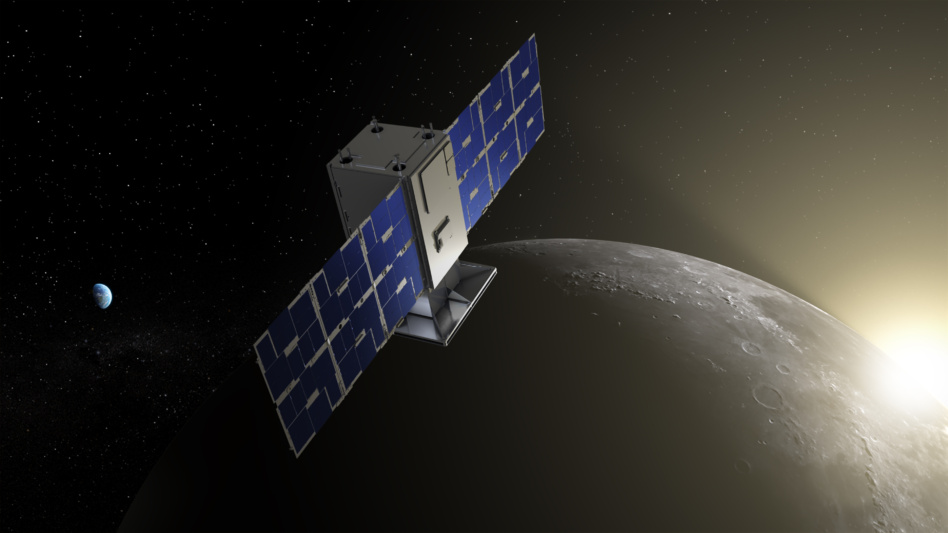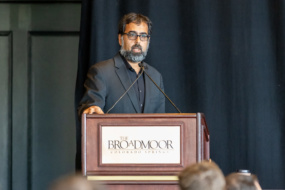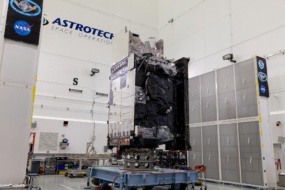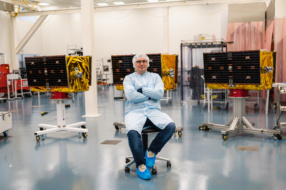Following a successful launch on Rocket Lab’s Electron and deployment from its Lunar Photon, NASA’s moon-bound CAPSTONE satellite is not phoning home.
Timeline: On July 4, the satellite broke Earth’s orbit. On Tuesday, the US space agency said the spacecraft has experienced “communications issues” while in contact with the Deep Space Network, a series of antennas in California, Spain, and Australia that support communications with missions to the farthest edges of our solar system.
Advanced Space, which built the craft’s CAPS (Cislunar Autonomous Positioning System) instrument, shared additional details Tuesday.
- The spacecraft was performing nominally for its first 11 hours after its deployment.
- CAPSTONE successfully deployed its solar arrays and began charging its batteries.
- The spacecraft pointed toward Earth and communicated with DSN stations in Madrid.
- Teams commissioned CAPSTONE’s propulsion system and the craft prepared for its first trajectory correction maneuver (which has now been delayed).
Holding out hope: NASA engineers are working to understand the root cause of the issue and reestablish contact with the satellite. “If needed,” per NASA, “the mission has enough fuel to delay the initial post separation trajectory correction maneuver for several days.”




